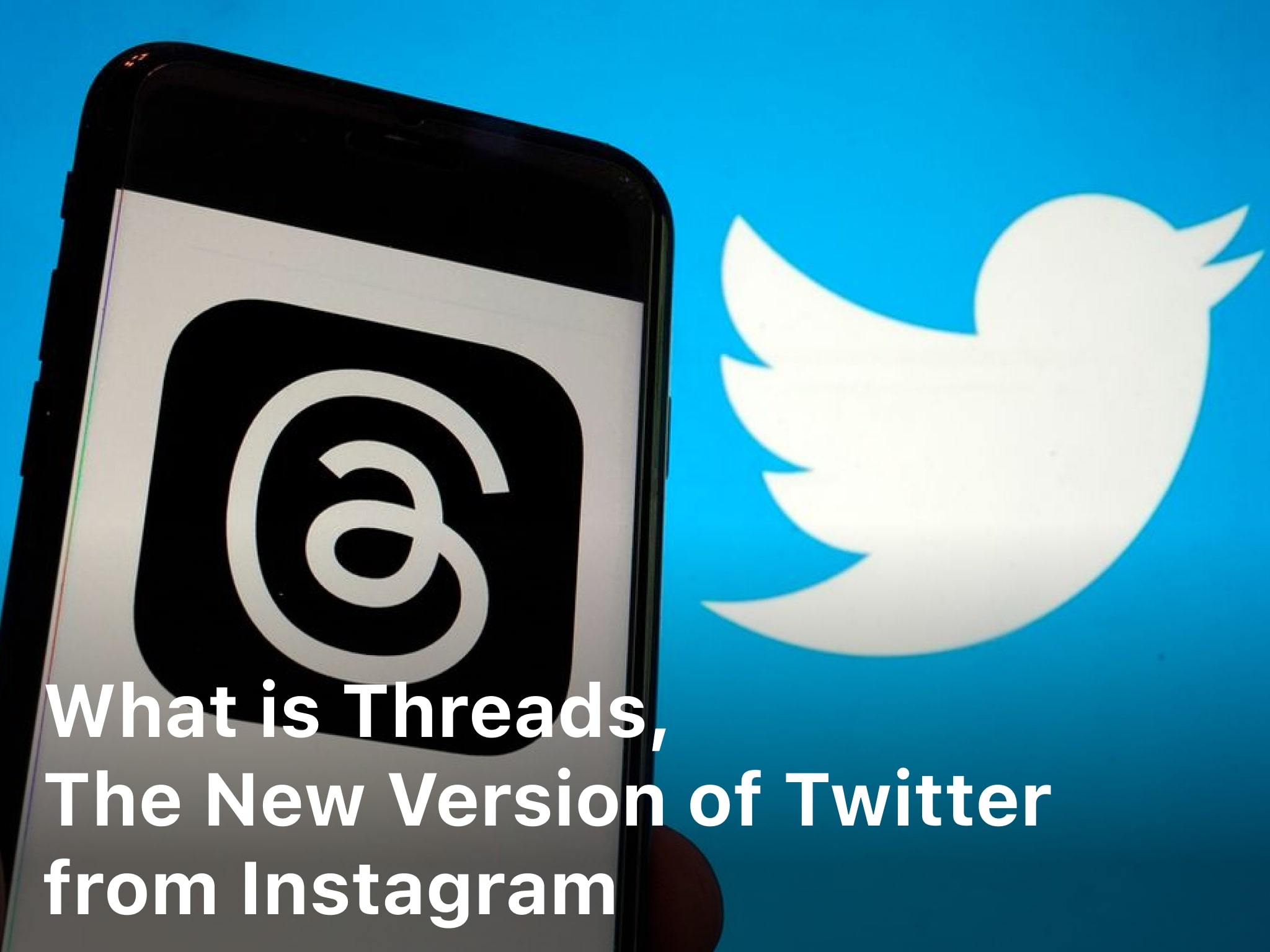Does a VPN Drain Battery? Know the Facts!
Virtual Private Networks (VPNs) are an effective tool for maintaining online security and privacy. However, many users are concerned about the impact of VPN usage on their device’s battery life. The question that arises is – Does a VPN drain the battery? In this section, we will explore the truth and dispel myths surrounding VPN battery usage.
We will delve into the factors that contribute to VPN battery usage, provide practical tips for maintaining battery performance while using a VPN, and address common misconceptions surrounding VPN battery drain. Keep reading to gain a better understanding of VPN battery usage and how you can optimize your device’s performance while remaining secure.
With keywords like ‘does a vpn drain the battery,’ ‘vpn battery drain,’ and ‘vpn battery usage,’ you can rest assured that all information presented in this section is relevant to your needs.
Understanding VPN Battery Consumption
People often wonder how VPNs affect their devices’ battery life. It mainly depends on the specific factors contributing to VPN battery usage. To better understand a VPN’s impact on battery life, we need to explore the specific elements within a VPN that may have an effect. It is also vital to comprehend the resources required by VPN apps and how they affect overall battery consumption.
The VPN’s encryption algorithm plays a crucial role in determining the effect of VPN usage on your device’s battery life. A complex encryption algorithm demands more resources, leading to increased consumption of the device’s battery. However, modern VPN apps utilize efficient encryption algorithms that do not impact the battery life significantly.
The location of the VPN servers plays a crucial role in determining the impact of VPN usage on your device’s battery life. Using VPN servers closer to your geographical location can help reduce battery consumption. This is because the device uses less power when communicating with a nearby server than when communicating with a server located far away.
The number of VPN connections a device has simultaneously can also affect battery life. Multiple active VPN connections utilize more resources, leading to higher battery consumption.
In conclusion, understanding the specific elements within a VPN that may impact your device’s battery life is crucial in finding a balance between security and battery optimization. The next section will focus on providing practical tips and tricks to optimize VPN battery performance.
Optimizing VPN Battery Performance
While using a VPN may have a slight impact on your device’s battery life, there are steps you can take to optimize its performance and minimize battery drain.
Start by choosing a VPN with a reputation for being battery-friendly. Take the time to research and compare different options, paying attention to user reviews and battery usage reports.
Another way to optimize your VPN’s battery usage is by disconnecting from the VPN when it’s not needed. While it is essential to maintain a secure connection while browsing, there will be times when you can disconnect from the VPN without compromising your safety.
You can also optimize your VPN battery performance by adjusting settings within the VPN app itself. Consider disabling unnecessary features, such as automatic connection or bandwidth-intensive protocols. Opt for protocols that are less battery-hungry, like WireGuard, or IKEv2.
If you’re using a mobile device, you can also put your device in “Battery Saver” mode to extend your device’s battery life. Many mobile devices automatically limit background activity, including VPN usage, when in “Battery Saver” mode.
By taking these simple steps, you can reduce the impact of VPN usage on your device’s battery life while still enjoying the protection and benefits offered by a VPN.
VPN Battery Saving Tips
Using a VPN is important for maintaining online security and privacy, but it doesn’t have to come at the cost of draining your device’s battery. Here are some tips to help you save battery life while using a VPN:
- Turn off your VPN when it’s not needed: If you’re not accessing sensitive information or you’re simply browsing the web, consider turning off your VPN to save on battery usage.
- Use a less resource-intensive VPN: VPNs that have more servers or offer more features can put a strain on your device’s resources. Consider choosing a VPN that’s designed with battery usage in mind.
- Adjust your VPN settings: Check your VPN’s settings menu to see if there are any battery-saving options available. Turning off features such as auto-connect or split-tunneling can reduce battery drain.
- Reduce background activity: Check your device’s settings to ensure that your VPN isn’t running unnecessarily in the background. Limiting background activity can save battery life.
- Keep your device charged: This may seem obvious, but keeping your device fully charged or using an external battery pack can help extend the life of your battery.
By following these tips, you can enjoy the benefits of a VPN without sacrificing your device’s battery life.
Addressing Common Myths About VPN Battery Drain
There are many misconceptions surrounding VPN battery drain that we need to address. The first myth is that using a VPN will drastically reduce your device’s battery life. While it is true that VPN consumes battery power to encrypt and decrypt data, the impact is minimal, and most modern devices can handle it without significant power depletion.
Another common myth is that VPN usage makes your device run hotter, causing further battery depletion. This is untrue, as VPN usage does not generate enough heat to cause damage or significant power draw. VPN app developers take this into account when designing their apps, ensuring that they do not tax device resources or battery life.
A related misconception is that VPN usage leads to more frequent charging cycles, which ultimately degrades battery life. While it is true that charging cycles can have a significant impact on battery longevity, VPN usage is not a significant contributor. The real culprits are aggressive power-hungry apps, high temperature, and overcharging, among others.
Lastly, some folks believe that using a VPN will automatically make their device more secure, leading to reduced battery life. This is not true, as a VPN consumes only a small fraction of your device’s processing power. However, using a VPN with extra security protocols, such as those that hide your IP address, can have a minor effect on battery life.
So, in summary, it is clear that many common myths surrounding VPN battery drain are unfounded. While using a VPN does consume some battery power, its impact is relatively small, and VPN app developers have created apps that minimize the impact on battery life.
Conclusion
After exploring the impact of VPN usage on your device’s battery life, we have found that while a VPN may consume some battery power, it is important to find a balance that suits your security needs and device’s battery performance. By understanding the factors that contribute to VPN battery consumption, you can optimize its performance by adjusting specific settings and configurations.
In addition, we have provided you with actionable tips for saving battery while using a VPN, allowing you to maintain the protection and benefits offered by a VPN without sacrificing your device’s battery life.
It is important to note that despite common myths and misconceptions surrounding VPN battery drain, the actual impact on your device’s battery life can be minimized through these strategies and tips.
Overall, VPN battery drain is a manageable issue that should not deter you from using a VPN to protect your online activities. With the knowledge and tools provided in this article, you can confidently use a VPN while preserving your device’s battery life.
Thank you for reading, and we hope this article has helped you gain a better understanding of VPN battery usage and optimization.
FAQ
Does using a VPN drain the battery?
No, using a VPN does not necessarily drain the battery. While a VPN app may require additional processing power and network resources, the impact on battery life is generally minimal. However, certain factors such as the strength of your device’s battery, the specific VPN app you use, and the intensity of your online activities may affect overall battery usage.
What is the impact of VPN usage on battery life?
The impact of VPN usage on battery life varies depending on several factors. These include the encryption algorithms used by the VPN, the number of server connections established, the app’s optimization for battery efficiency, and the duration of VPN usage. While these factors may consume some battery power, modern VPN apps are designed to minimize battery drain without compromising security.
How can I optimize VPN battery performance?
To optimize VPN battery performance, you can consider the following tips:
1. Choose a reputable VPN app that offers battery optimization features.
2. Use a VPN server that is geographically closer to your location.
3. Close unnecessary apps running in the background while using a VPN.
4. Disable any additional VPN features, such as Always-on VPN.
5. Update your VPN app regularly to benefit from performance optimizations.
Are there any tips for saving battery while using a VPN?
Absolutely! Here are some tips to save battery while using a VPN:
1. Opt for lightweight VPN apps that have minimal impact on battery usage.
2. Turn off your VPN connection when not actively using the internet.
3. Avoid streaming or downloading large files while connected to a VPN.
4. Reduce the intensity of background data usage on your device.
5. Adjust the VPN app’s settings to prioritize battery efficiency.
Does a VPN significantly affect battery performance?
No, a VPN does not significantly affect battery performance. While it may consume some additional power due to the encryption and network resources required, the impact is generally minimal. Modern VPN apps are designed to balance security and battery optimization to ensure a seamless user experience without compromising either.
What are some common myths about VPN battery drain?
There are a few common myths about VPN battery drain, including:
1. VPNs always drain the battery: As mentioned earlier, the impact on battery life is generally minimal and can be optimized.
2. All VPN apps have the same battery impact: Different VPN apps may have varying degrees of battery optimization.
3. Always-on VPN significantly drains the battery: While this feature may consume some additional power, it can be disabled if not required.
By understanding the facts, you can debunk these misconceptions and make informed decisions about using a VPN.





